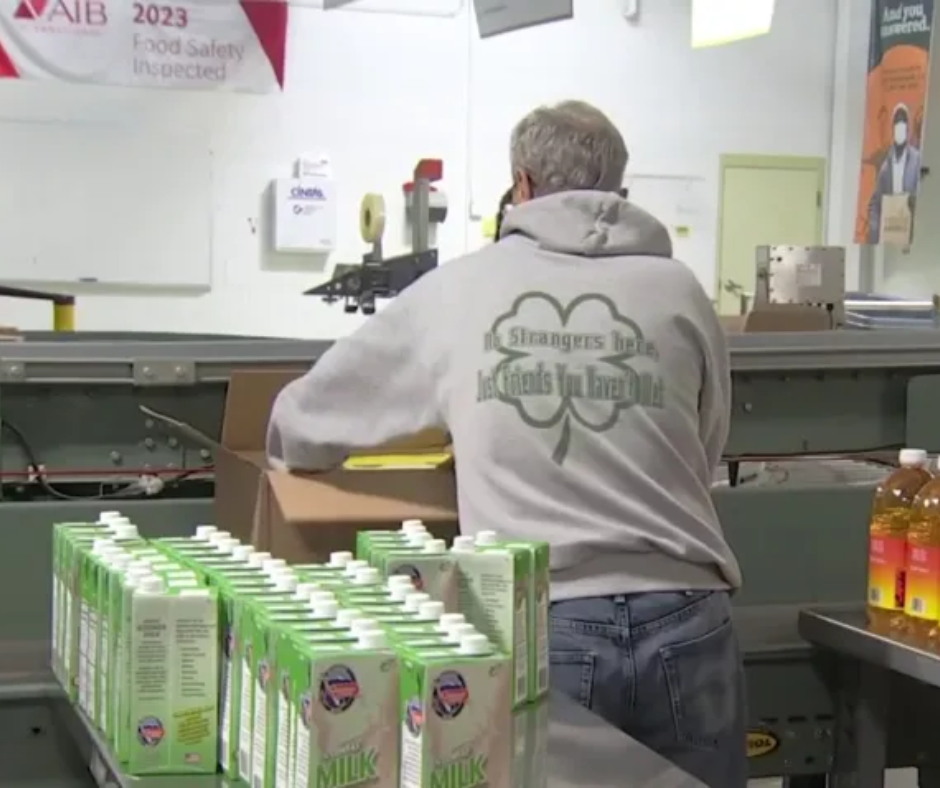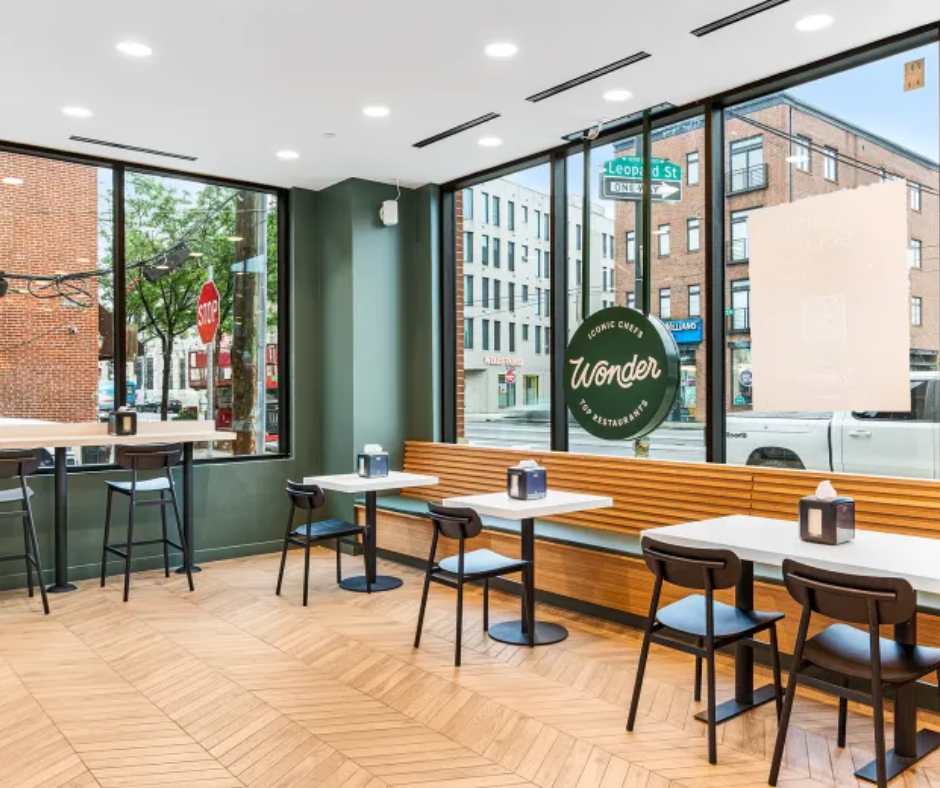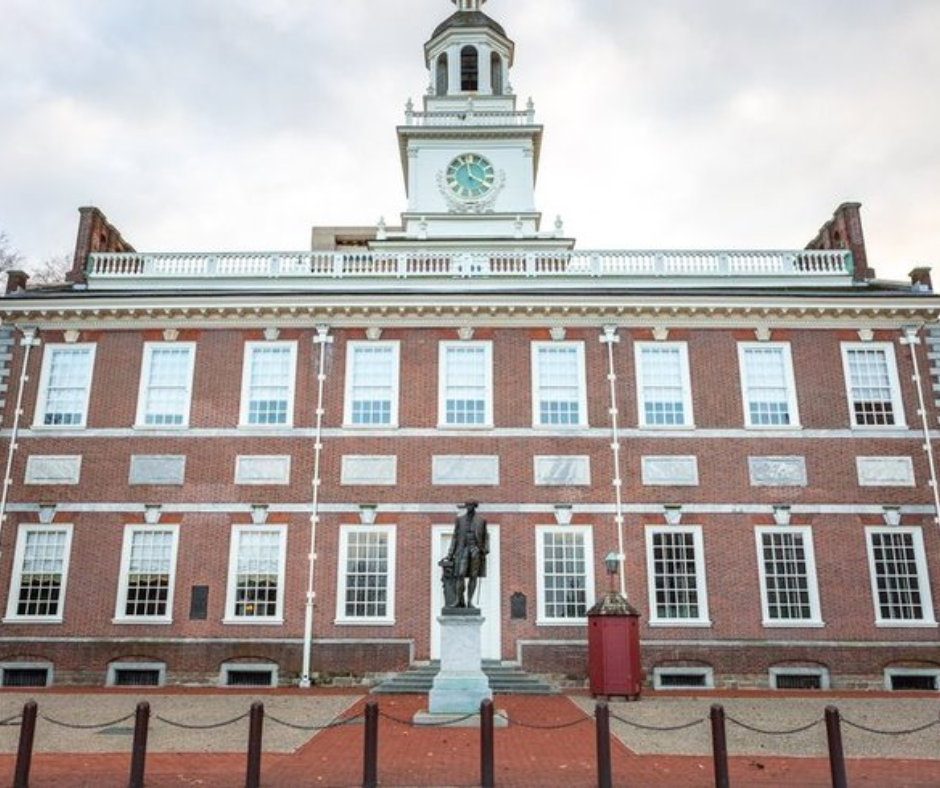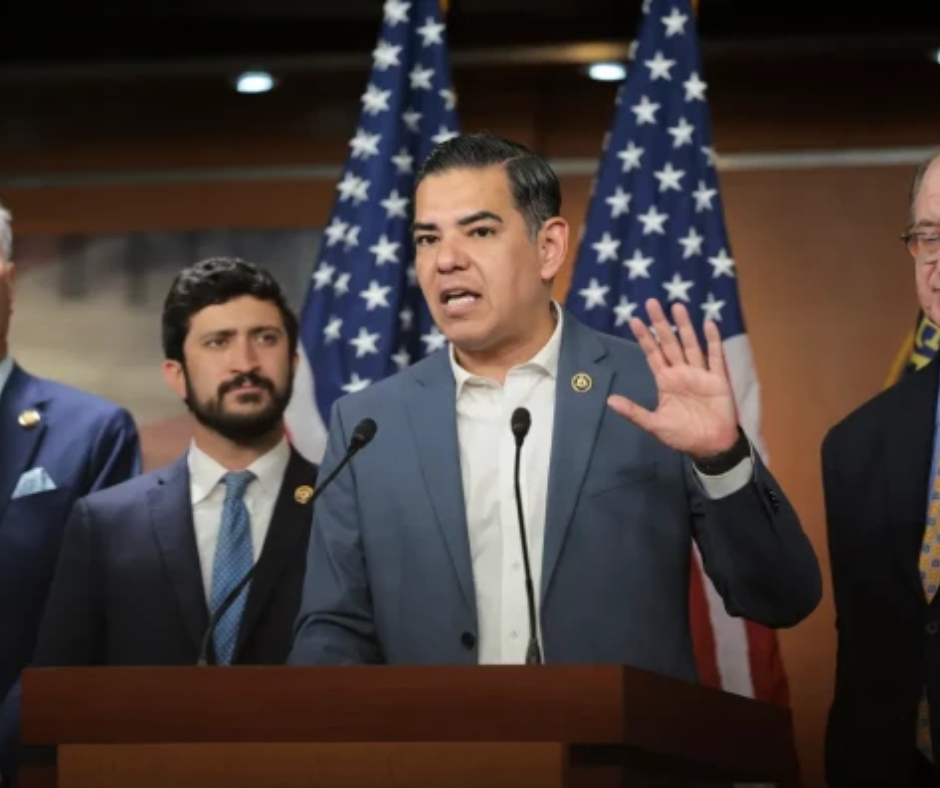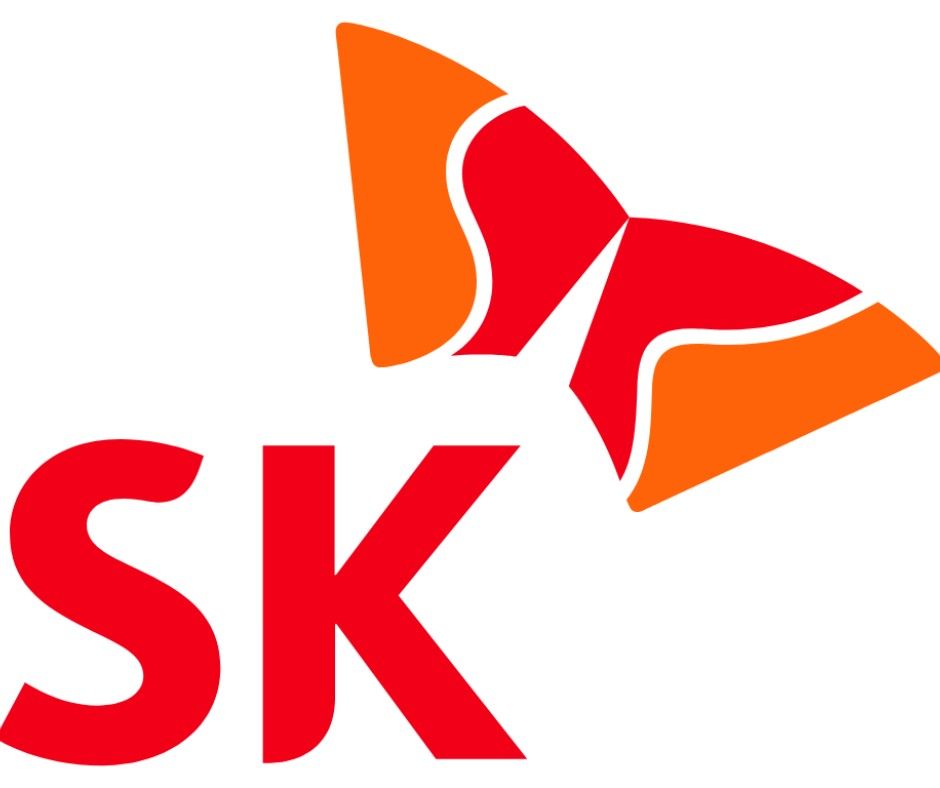
A storm of scrutiny surrounds Ticketmaster as both Irish and UK regulators intensify investigations into the controversial pricing of Oasis concert tickets for the upcoming Croke Park shows. Following sharp complaints over soaring rates and inconsistent pricing models, Ireland’s Competition and Consumer Protection Commission (CCPC) confirms the inquiry remains “active and ongoing.” Allegations of exploitative “platinum” pricing, questionable resale practices, and legal loopholes have drawn widespread criticism. With rising fan frustration and looming legal threats, this unfolding saga casts a revealing spotlight on the fine print of modern ticketing power plays.
STORY HIGHLIGHTS
-
CCPC’s probe into Oasis ticket sales remains open nearly a year after complaints.
-
Fans claim pricing was inconsistent and excessive during the initial onsale period.
-
Ticketmaster’s resale exchange now lists basic seats for as much as €596 plus fees.
-
Ireland’s law banning resale above face value may be sidestepped by dynamic pricing.
-
UK regulators are also preparing litigation over similar ticket pricing practices.
-
The black market is thriving again, with scams costing UK fans over £2 million.
-
Consumers face high prices with no alternative, raising concerns over fair access.
The wait for Oasis’s long-anticipated return to Dublin’s Croke Park has become more than just a musical countdown. Instead, it’s been shadowed by a sprawling investigation that continues to dog Ticketmaster almost a year after fans first sounded the alarm over what they say is a pricing model that plays fast and loose with consumer rights.
The Irish Competition and Consumer Protection Commission (CCPC) has confirmed that its probe into the sale of Oasis tickets remains “active and ongoing.” With the band’s two-night stadium show set for August 16–17 at the 82,300-capacity venue, regulators have yet to deliver a verdict — but they have not remained silent.
“We’re Still Investigating”
It was in September of last year that the CCPC officially opened a file on Ticketmaster, following more than 100 complaints from fans who had witnessed massive pricing swings for seats that, on paper, were supposed to be identical. These weren’t VIP tickets or special experiences. Instead, they were standard entries — except for the fact that their prices were being recalibrated in real time under Ticketmaster’s “platinum” pricing model.
Brian McHugh, chair of the CCPC, has said that while no final decision has been made, the file remains open and that enforcement action will be taken if violations of Ireland’s consumer laws are found.
“If consumer law has been breached, we will act,” McHugh stated in an earlier briefing.
Prices That Don’t Sit Well
Meanwhile, the public outcry has only grown louder as the resale market on Ticketmaster’s own platform continues to reflect steep rates. Seats in the upper-deck and end zones, which had already raised eyebrows with original “platinum” pricing at €490.50, are now being resold for as much as €596 — and that’s before additional fees like a €77.44 service charge and a €2.95 handling fee.
Ticketmaster argues that these resale prices are not inflated, but simply reflect the original “face value” of the dynamically priced tickets. The catch? These tickets come with no perks typically associated with premium pricing, such as early entry, merchandise, or lounge access.
“It’s Still Face Value — Our Face Value”
According to Ticketmaster, the pricing structure is entirely above board. A spokesperson for the company emphasized the security and simplicity of their resale platform.
“Our exchange provides fans with a safe, simple, and secure way to resell their tickets,” Ticketmaster stated.
“Sellers are not charged a fee, and buyers receive new, verified barcodes. The resale service fees reflect the cost of processing these exchanges.”
Yet critics, including consumer rights groups, argue that this explanation amounts to a clever workaround — a way to circumvent Ireland’s 2021 Sale of Tickets Act, which was specifically designed to ban the resale of tickets above face value for large events.
By labeling surge-priced platinum tickets as the new “face value,” they say, Ticketmaster and promoters have essentially preserved the scalping culture that the legislation sought to end — just within the confines of the official system.
“A Legal Loophole That Looks a Lot Like Scalping”
Consumer advocates are increasingly pointing out the disconnect between the anti-resale lobbying efforts of Live Nation (Ticketmaster’s parent company) and what they view as profit-driven pricing practices that leave fans worse off.
“It’s ironic that the companies that campaigned so heavily against resale are now the ones implementing markups — just with new labels,” said a Dublin-based consumer watchdog member.
“What used to be called scalping is now dynamic pricing. The result for fans is the same: higher costs, fewer options.”
Across the Irish Sea, More Trouble Brews
The scrutiny isn’t limited to Ireland. On July 2, the UK’s Competition and Markets Authority (CMA) announced that it was preparing to take legal action against Ticketmaster after the company failed to offer commitments addressing concerns around misleading pricing.
The CMA alleges that certain Oasis tickets in the UK were sold for £350 despite an official face value of £150 — and that customers spent hours in queues with no clear visibility on pricing.
In March, the CMA already concluded that Ticketmaster’s platinum pricing strategy may have breached consumer protection laws. The company has not yet confirmed whether it plans to respond with changes or prepare for court.
“Nowhere to Go, Nothing to Compare”
With Ireland’s ban on above-face-value resale in effect, and no viable independent resale marketplace to compete with Ticketmaster, ticket buyers are left without options. Promoters and the platform set the prices, and there’s no downward pressure from the free market to counterbalance them.
Unsurprisingly, desperate fans have begun turning to unregulated channels. That decision often comes with heavy consequences.
In March, Lloyds Bank estimated that more than £2 million had already been lost to Oasis ticket scams in the UK, with victims losing an average of £436. According to the bank, 90% of these scams originated from social platforms owned by Meta, such as Facebook and Instagram.
A Lesson Written in Tickets
The CCPC’s continued oversight is more than symbolic. With the show dates approaching, pressure is mounting on both Ticketmaster and promoter MCD. Regardless of whether fines or regulatory reforms follow, this case has already become a watershed moment in the debate over ticketing practices.
For many, Oasis’s long-awaited homecoming tour now stands as a cautionary tale — not just about scalpers in alleyways, but about what happens when the official system adopts their strategies and rebrands them as policy.
And as fans brace for the Croke Park concerts, the bigger question remains: who, exactly, is protecting the consumer when the house sets the rules?
As the countdown to Oasis’s Croke Park concerts continues, the controversy surrounding Ticketmaster’s pricing practices stands as a striking reflection of the complexities within today’s live entertainment industry. With regulators still watching and legal questions unanswered, fans remain caught in a costly maze of dynamic prices, limited options, and rising risks. Whether this case prompts true structural change or simply fades after the final encore, it has already revealed the urgent need for clearer rules, fairer systems, and a marketplace that respects the rights — and wallets — of its audience.
Appreciating your time:
We appreciate you taking the time to read our most recent article! We appreciate your opinions and would be delighted to hear them. We value your opinions as we work hard to make improvements and deliver material that you find interesting.
Post a Comment:
In the space provided for comments below, please share your ideas, opinions, and suggestions. We can better understand your interests thanks to your input, which also guarantees that the material we offer will appeal to you. Get in Direct Contact with Us: Please use our “Contact Us” form if you would like to speak with us or if you have any special questions. We are open to questions, collaborations, and, of course, criticism. To fill out our contact form, click this link.
Stay Connected:
Don’t miss out on future updates and articles.



